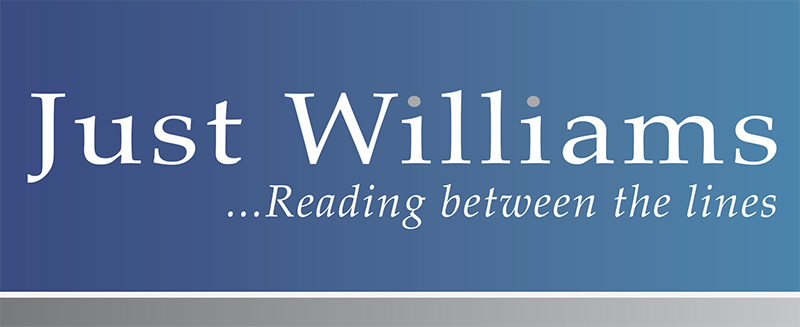
Mrs Newsome enjoys watching ‘Grand Designs’, fronted by Kevin McCloud. I occasionally watch it and sometimes it’s interesting to see how a family of six now live in an old ship’s funnel, up a tree in the Cotswolds. However, there’s something about him I just don’t like. Pretentious? Airy fairy? Head in the (Mc) clouds? Probably all three with a few more thrown in for good measure. In 2019, McCloud’s development company, HAB Land Ltd, collapsed into liquidation after bondholders rejected a plan to rescue it. According to the liquidator, “this has resulted in a considerable loss to ‘mini bond’ holders”. Presumably the latter, owned by almost 300 small investors, carried far less security than the former. They had been offered a return of 7% to 9% over 5 years plus the return of their capital in 2022. Such is the risk of succumbing to celebrity endorsement of real world projects.
However, a slightly larger property company, totally unconnected to Mr McCloud and his programme, has been in the news recently. Evergrande is a mammoth Chinese developer. Incorporated in the Cayman Islands, it is currently involved in 1,300 projects in more than 280 cities across China. It also has interests in electric cars, healthcare, food, theme parks and even owns one of the country’s top football clubs. Currently, its balance sheet carries $300bn of liabilities, equivalent to 2% of China’s GDP. I know ……. what could possibly go wrong?
Last year, Beijing, wanting to take the sting out of the domestic property market, effectively capped how much developers could borrow. For years, Evergrande borrowed to acquire land and development projects. It also pre sold units to keep the cash rolling in for further investments. Once this merry go round started to stall, a cash crunch quickly gathered pace. When suppliers started getting paid with unfinished projects, the writing was on the (apartment) wall. On the 23rd September, Evergrande failed to pay interest due on some of its dollar denominated bonds. Curiously, though, the previous day it ‘resolved an interest obligation’ on yuan denominated bonds. What might we deduce from this? Well, to cut a long story short, I reckon it means domestic bond holders will be treated a lot better than foreign ones, whatever the ‘law’ might say.
The problem with countries like China is that Plan A can quickly become Plan B. Evergrande’s problems are a result of a government crackdown on the debt fuelled speculation that it actually encouraged for years. Xi Jinping’s new policy of ‘common prosperity’ is just the new plan. There are similarities to Putin’s Oligarch roundup but there are differences, too. China pursued capitalism because Deng Xiaoping saw the continuation of Maoist communism forever keeping China in poverty. There can be no going back but there can certainly be a detour. Xi is now sending messages to various parties. To the Chinese super rich, it is cut the flashiness and don’t forget who’s in charge. To the average man or woman on the Shanghai omnibus, it is that we are on your side and to the West, it is this is how you deal with big property, big tech, crypto or any other private sector operator that gets too big for their boots.
Evergrande sits on thousands of homeowner deposits for yet to be built or partially constructed homes. Making predictions is difficult, especially when it concerns the future but we suspect they’ll eventually not be left in the lurch. Of course, that will be at the expense of the dollar denominated bond and equity holders. Evergrande will not be the only business in Beijing’s sights. Some will be ‘protected’ while others won’t. There’s nothing particularly new here. Beijing will engineer what Beijing wants but t’was ever thus. We’ve seen numerous recent comments by fund managers stating that Xi’s more equitable change of tack will be good news in the longer term. Most of these folks seem to have significant holdings in Chinese banks and property companies. Their comments look like an attempt to convince themselves as much as anyone else.
China’s near 1.5bn population means it represents a vast market that is too large to ignore. But to our eyes, it makes more sense to invest in global businesses that sell their wares to the Chinese rather than getting too heavily involved in owning domestic equities. There’s a lot about free market capitalism that China either doesn’t understand or won’t accept.

